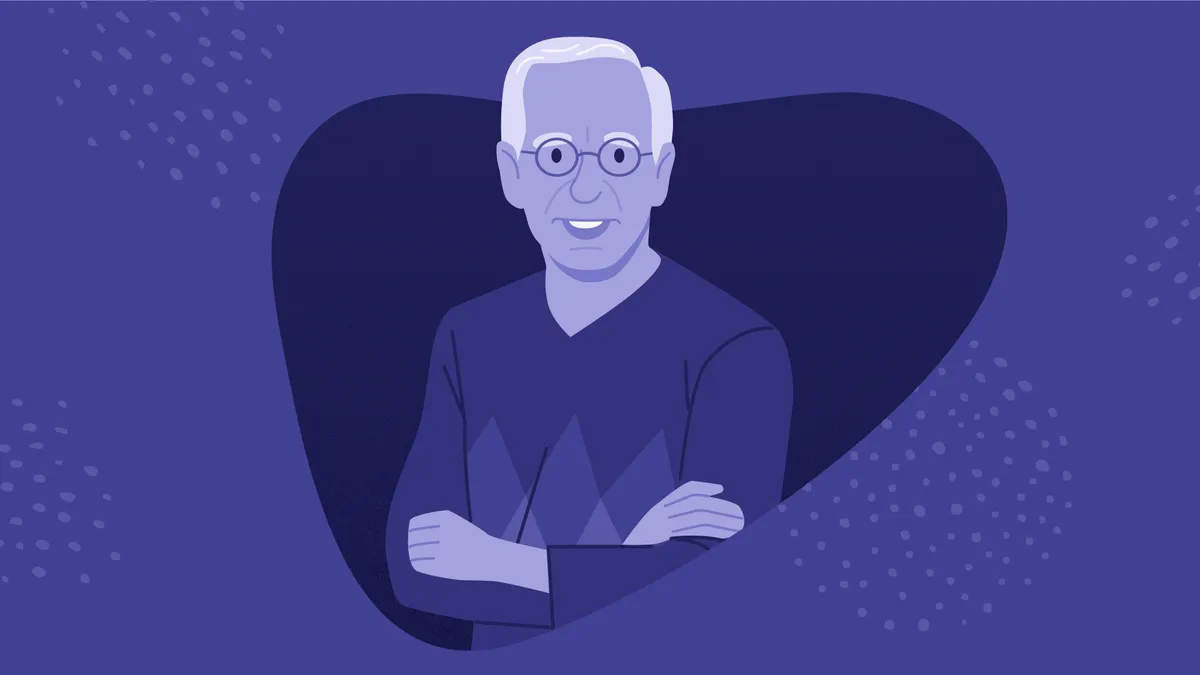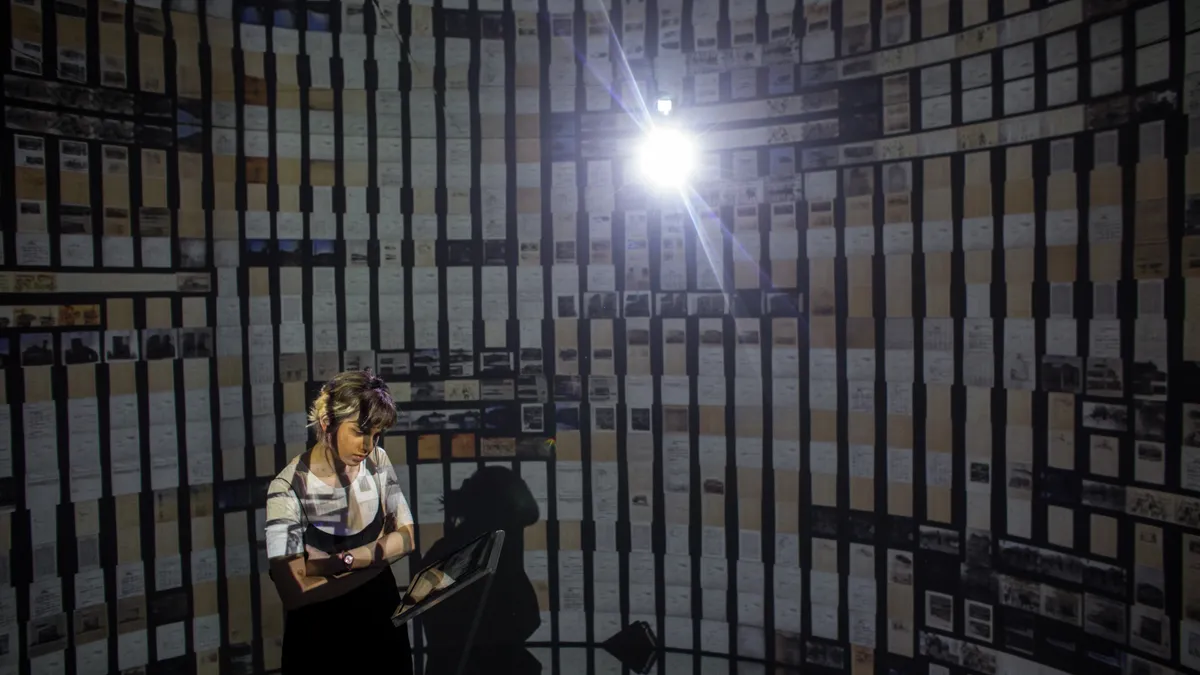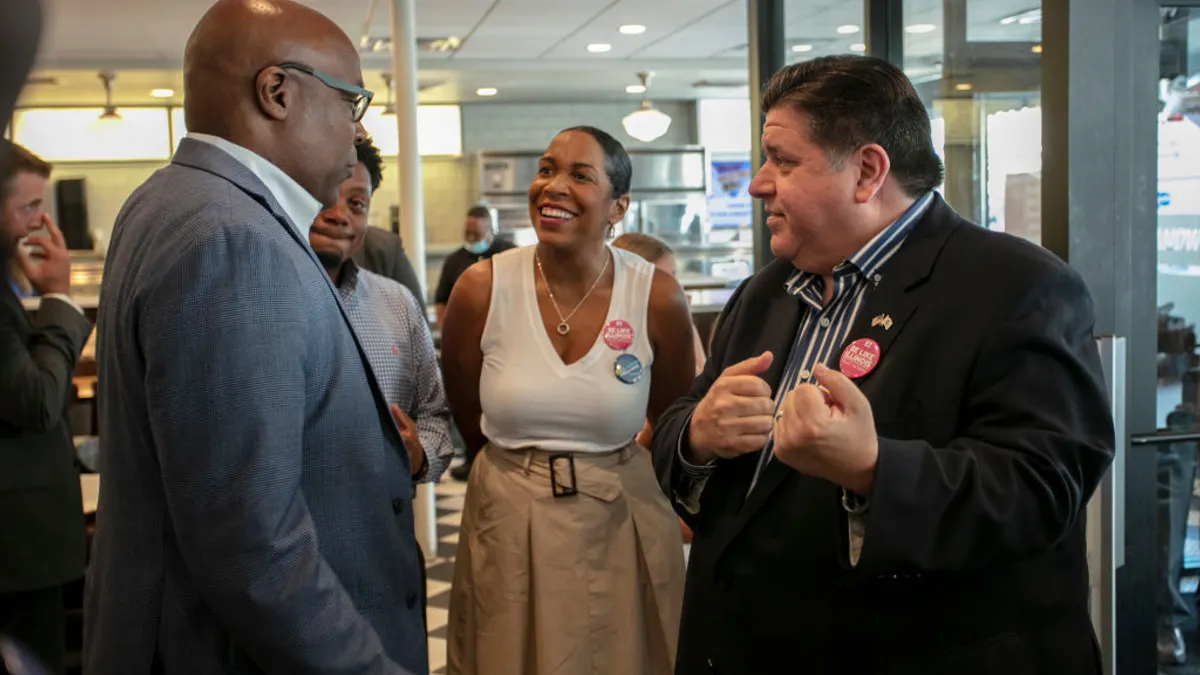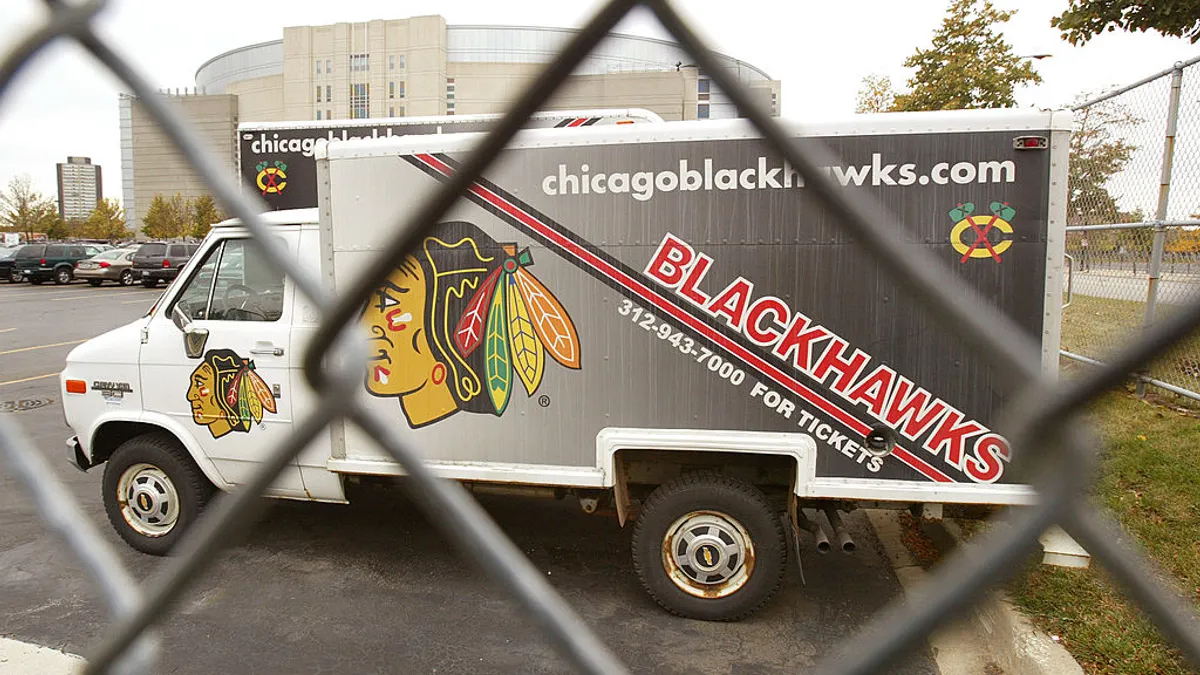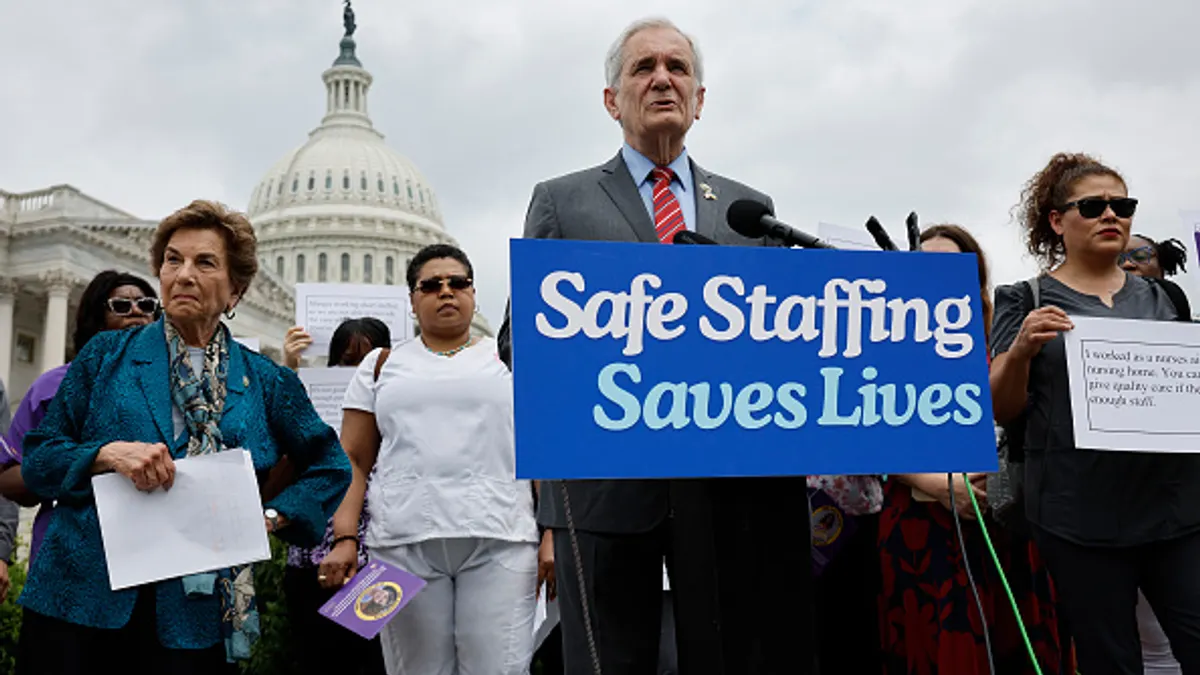Anthony "Tony" Coelho is a former U.S. Congressman who is now a board member at AudioEye, a company that helps organizations make their websites accessible.
One of the first things Tony Coelho noticed after he learned about his epilepsy in his mid-teens is the stigma the entire disability community faces, especially as he finished college and entered the workforce.
"I started going to these job interviews, and the word 'epilepsy' was on" all of the applications, Coelho told HR Dive, adding that he never made it far in the interview process. "I then started to realize that there was a problem."
His own parents believed he was possessed by the devil. His first career goal was to be a priest, but canon law prevented him from pursuing it. He eventually found himself living with famous comedian Bob Hope, who Coelho said taught him that ministry can take many forms, such as entertainment or even politics. He chose the latter, eventually becoming a U.S. Congressman representing California and an initial sponsor of the Americans with Disabilities Act (ADA).
Before Bob Hope and the House of Representatives, Coelho said he found himself depressed by his lack of job prospects, even contemplating suicide. If not for a powerful guiding force and a very understanding first boss, he said his life could have ended up going much worse.
"When I got to Washington working for [Democratic Congressman Bernie Sisk] ... I'd have seizures, and he basically didn't care," Coelho said. "I'd have my seizure. When it was over, I would go back to work or rest a bit. He was like a father to me and I worked for him for 13 years. So my whole feeling about disability was really formed during those times."
The following interview has been edited for brevity and clarity.
How did you begin advocating for better policies for individuals with disabilities?
When I ran for Congress, my Republican opponent at dinner one night said, "I don't know if you know it or not, but Tony's a very sick man. He has epilepsy. What would you think if he had a seizure arguing an important issue to us at the White House."
A reporter called me the next day and said "I understand your opponent said this last night, what do you think?" And I said, "Well, all the time that I was in Washington for 13 years, I knew a lot of people would go to the White House and had fits, at least I'd have an excuse." And that cut it out. But that's again, stigma.
So now I'm elected to Congress, and my deal with my district was, on agriculture and water issues in Central California, I will do what you need me to do. But on social issues, I want to do what I think is best. And so I started working on disability issues, and I started offering amendments. And then I realized that didn't do any good. Because we didn't have our basic civil rights. People could fire us and ask us about the disability and say directly to us, "because of your seizures. I'm not hiring you."
So I then started working in '87 on talking to people about the ADA. The Reagan administration was working on it and grassroots people all over the country were working on it. I decided then to put in legislation with Senator Lowell Weicker from Connecticut who had a son with a disability. And we made it bicameral and bipartisan.
What did critics of the bill say?
The majority leader at the time called me in, and he said "Tony, this bill of yours is too expansive. The public is going to react negatively to it. Would you back off and hold it up and let's work on it?" And I said, "no." The leadership put it in five different committees in an effort to slow it down and stop it. But we strategized by going to the labor subcommittee that was favorable and we got it done.
Some people said the accommodations would be so expensive, businesses would go out of business. My point always was that most accommodations will be under $500 because originally we put "economically feasible" in there; "economically feasible" was a huge issue because we were conscious of the fight in regards to costs. My attitude was, give us a chance to fail. You do that with people that are so-called able-bodied, why don't you do it with us? I think the issue there to a great extent, is the culture.
We've made progress, but the culture still is there with people working against this. You have some people in high office who make fun of those of us with disabilities. And that has an impact; it reinforces the stigma that there's something wrong with those of us with disabilities.
Did you see the improvements once the ADA was enacted?
All civil rights bills have enforcement capabilities and the U.S. Department of Justice enforces parts of the ADA. So if you don't have a favorable Justice Department, the law is not enforced. But that's all across the board for every civil rights law. So over the last 30 years, when there was a favorable administration, Justice Department-wise, we made great inroads. When there wasn't, probably nothing negative happened, but nothing moved forward. In regards jobs, you could have some enforcement, if it was deliberate discrimination. But that didn't happen that much or you couldn't really identify it.
President Bill Clinton appointed me to a committee on oversight. We were able to have individuals with disabilities added to the census. Then we moved on to the Bureau of Labor Statistics, then the White House's Office of Management and Budget. That basically took 25 years.
President Barack Obama finally issued an executive order saying that federal contractors and subcontractors had to hire people with disabilities, and that increased the number of people with disabilities and jobs. I was told in the first year it increased by 464,000, so that's a big movement forward.
Do you think there has been progress against the stigma?
You do have some major companies who are starting to realize that people with disabilities can be a major asset in your workforce. But while we've made great progress on structural acceptance, because of the law's age we are having trouble with the internet. The internet wasn't obvious to include 30 years ago, so there's no strict coverage.
If you think about it from a disability point of view, our access to paying bills or ordering Uber are not there, particularly in this crisis. And so something needs to be done legislatively, and I'm trying to get people interested in doing that now, because that's the answer to it. Once it's in law, you're gonna see everybody do it, but it's going to have to be forced on them.
What other policy changes are needed in this area?
Part of it is enforcement of the ADA by the Justice Department. Hopefully, we'll get a Justice Department that is supportive of the ADA. But I think that more and more companies now realize that you can't violate the law, that you're going to get sued.
How do you feel about the law's 30th anniversary?
Hopefully, it can help change what I call the behavioral structural attitude. If we can turn that around, it'll be helpful, but it takes time; people of color got their rights in their late 60s, and nobody can say that that's taken care of all their problems


